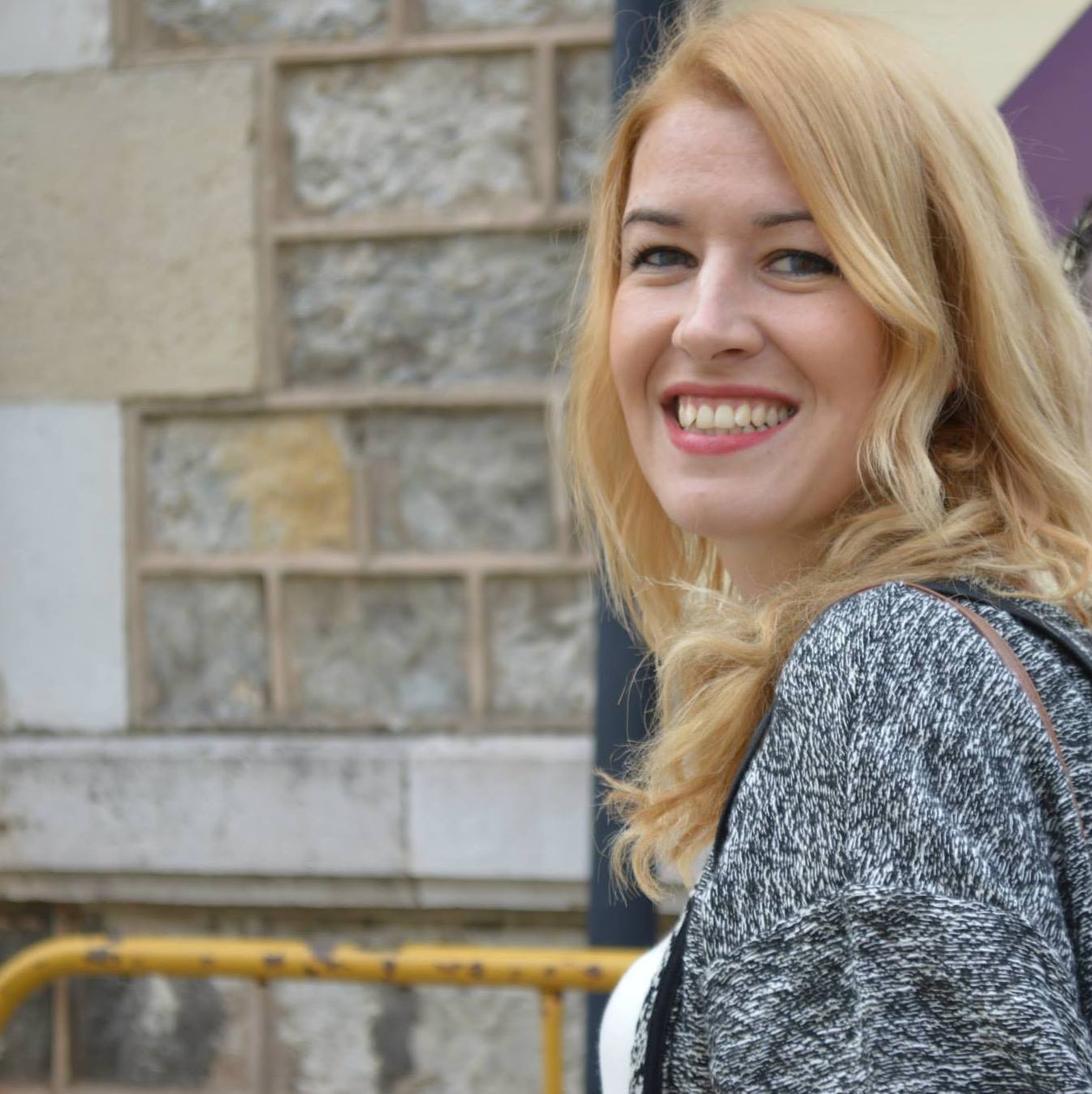
Sara Cantera Ruiz de Pellón
| AREA | RESEARCH GROUP | INSTITUTE |
|---|---|---|
| Chemical Engineering | Environmental Technology | Institute for Sustainable Processes (ISP) |
I graduated in Biology at the Autonomous University of Madrid, where I also developed a master's degree in molecular biology (2011) and a master's degree in environmental microbiology (2012). In 2012 I started working with environmental engineering groups (University of Cantabria and University of Valladolid), as my greatest aspiration has always been to develop fundamental research with a high applied base that can be used to solve real environmental problems. Therefore, I developed my PhD thesis in the Environmental Engineering group at the University of Valladolid (2014-2018) where I specialised in bioprocess engineering. During my thesis, I started the development of a pioneering research on the transformation of greenhouse gas (GHG) methane into pharmaceutical substances of high market value, thanks to which I received the award of the Royal Academy of Doctors for the Best Doctoral Thesis in Experimental Sciences in Spain (RAED, 2019).
I started my postdoc at the microbiology lab at Cornell University (USA) with a postdoctoral fellowship from the IMFAHE excellence programme (IMP-IMFAHE excellent grant, 2018). There I specialised in the use of bioinformatics techniques for the study of microbial populations.
In 2019-2020 I worked as a postdoctoral researcher in the microbial physiology group at Wageningen University (The Netherlands) with the SIAM talent Grant and Ramon Areces postdoctoral fellowships. During this period I specialised in the development of multi-omics techniques in order to discover new metabolic pathways involved in the biotransformation of GHGs.
During 2020 and 21 I obtained the European Commission individual project MSCA-IF 2019 and two projects from the Netherlands Research Council (NWO-XS) that allowed me to develop at Wageningen University my own line of research based on the transformation of GHGs into pharmaceutical substances.
In 2022 I was named as one of the Spanish scientists recognised and highlighted by the FECYT and I was awarded the María Zambrano 2021 research contract to attract international talent at the University of Valladolid.
My research combines the development of new biotechnological alternatives and the use of new extremophilic microorganisms in order to transform the most abundant greenhouse gases, carbon dioxide (CO2) and methane (CH4), into substances of high social and economic value. This process has hardly been addressed in biotechnology and is necessary to make a circular, climate-neutral and renewable bioeconomy viable and able to cover all current needs.
In this sense, my line of research is pioneering the discovery and implementation of new biological platforms and unexplored metabolisms that allow the transformation of these gases into valuable substances, mainly pharmaceuticals and cosmetics.
To this end, I adopt an interdisciplinary approach that combines four different perspectives:
- From a molecular point of view, I carry out metagenomic searches that allow me to find new organisms, unexplored so far, that have the genetic potential to produce compounds of interest for the pharmaceutical and cosmetic industry.
- From a biotechnological point of view, I validate these novel microorganisms in the laboratory and optimise the culture conditions to ensure better yields.
- From a chemical point of view, I identify new natural compounds generated in extreme environments that are of interest to the pharmaceutical and cosmetic industry.
- Finally, from a chemical engineering point of view, I design and operate advanced bioreactors that increase biotransformation and therefore the elimination of GHGs and the productivity of the drugs and cosmetics obtained.
My vision is to position myself as one of the leading scientists in the development of new microbiological bioprocesses that promote the sustainability and circularity of pharmaceutical and medical advances.
